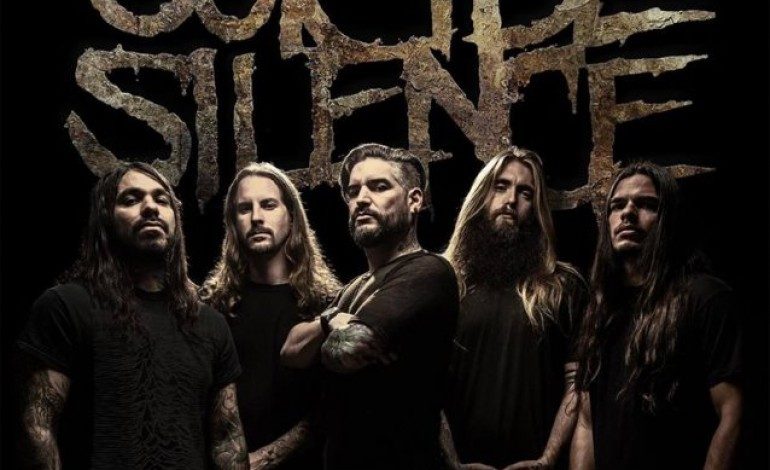

Many Probably Wish this Album Was Just Silence
For a fan, waiting for a new release from a praised artist is a bit like playing a game of Scrabble. Extending a hand into the mixed bag of tiles, anxiety quickly meets the hope of pulling out a good hand of word fixtures versus the perpetual pain of trying to play with a pile of alphabet vomit. The same type of dilemma presents itself to artists, though here it manifests differently. Wanting to explore new realms and approaches to sound is akin to tossing out a few tiles on the board, hoping the opponent considers “DGAF” to be an actual word. This is probably the best way to describe the newest self titled album from Suicide Silence. Considering the former output of the California deathcore band, this release feels like the losing game board we all want to flip over in anger.
Suicide Silence fans already took a loss back in 2012, when the band’s founder Mitch Lucker tragically passed away that Halloween. It seemed promising to have Oakland deathcore kings All Shall Perish lend one of their vocalists, Hernan “Eddie” Hermida, to recover the sullen position. While his efforts on his debut with the band, 2014’s You Can’t Stop Me, were more than fruitful, the newest album shows a side of Hermida most of us probably didn’t want to see.
A heavy nu metal cloud rains over the album, with Hermida vocally channeling Chino Moreno of Deftones and, at times, even a little bit of Chris Cornell of Soundgarden. Fans quickly noticed this when the first two singles “Doris” and “Silence” were released, both warranting all sorts of contentious disapproval for obvious reasons. This shift can largely be credited to producer Ross Robinson, who’s responsible for some of the more successful albums from artists like Korn and Slipknot, both of which hold influential presence on this album. Getting past the first two released singles (also the first two on the tracklist), the songs do manage to stumble through their unpopular reception of experimentation with a pristine execution.
What to take away from here isn’t that Suicide Silence made a terrible-sounding album in general, it’s that they made a terrible-sounding album for them. The analog recording process ran the album straight through in one take with no pauses or breaks in between, creating somewhat of a spastic sensation in the flow of the album.
The awkward instrumental and spoken word combo of “Listen” leads into slower paced songs like the Deftones/A Perfect Circle-resembling “Dying in a Red Room” before hitting the heaviest and likely undisputed best song, “Hold Me Up Hold Me Down.” Brutal drumming, churning riffs and their classic growl-into-a-breakdown sequence make it one of the truest to the band’s known sound.
The stylistic exploration goes on into the end of the album, with “Conformity” taking a mellow, acoustic route closer to Staind’s “Secret Song” than to any other song that the band themselves have done before. It at least ends on somewhat of a high note with a more typically deathcore style track “Don’t Be Careful You Might Hurt Yourself,” with blast beats and dissonant guitars aplenty. The melodic quality of Hermida’s singing during the chorus throw the song a bit off its course, but his shouting of “tell me it’s okay to fail!” offers some sort of redemption.
It’d be remiss to say Suicide Silence’s latest isn’t a miss, as far as their discographical history is concerned. Had this come from any other band — and during the ‘90s — this likely wouldn’t have been so controversial, but it’s the thought of such nu metal displeasure being tied to a once very brutal band that is leading fans astray. Hermida has stated he stands firmly behind the route Suicide Silence has taken with the album, and it seems like diehard lovers are going to have to go along with it too.
